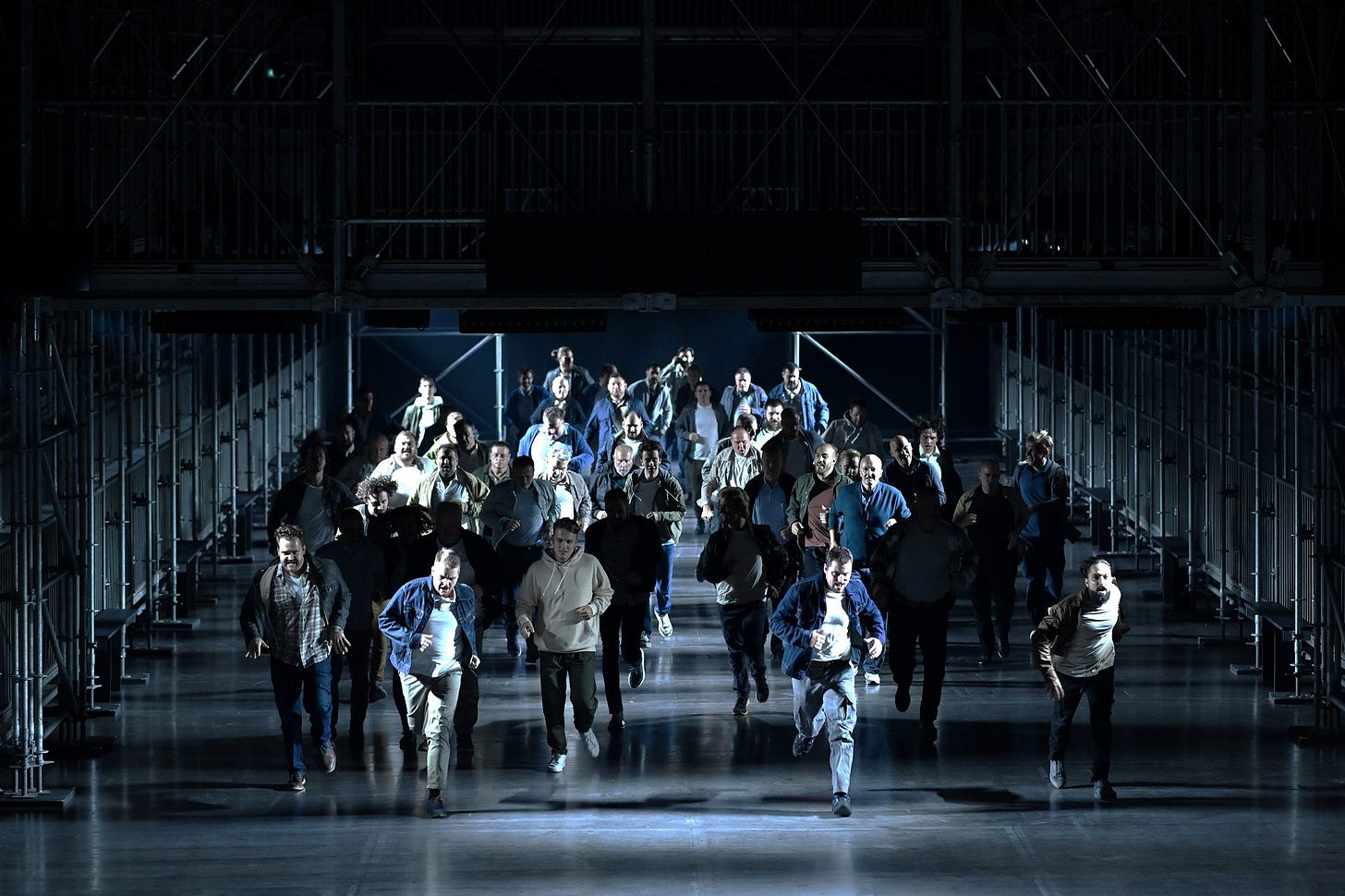As if in a dark mirror
Dmitri Tcherniakov directs From the House of the Dead in Bochum (*****) [live]
Author : Jos Hermans
"From the House of the Dead" reconstructs a penal camp situation. It is a men's opera without a real plot in which women appear only indirectly but are constantly the subject of conversation. On a first reading, it might seem that the composer has burned out as a creative force.…
Keep reading with a 7-day free trial
Subscribe to Leidmotief | Leitmotif to keep reading this post and get 7 days of free access to the full post archives.


